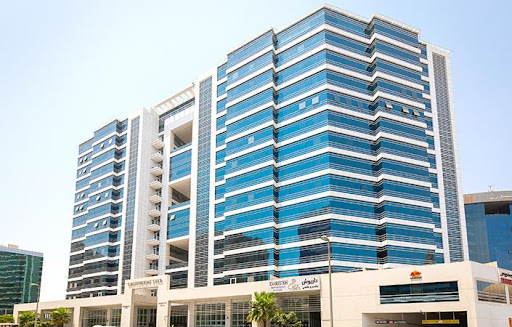The safe transportation of radioactive materials is a critical concern that spans various industries, including healthcare, research, energy, and manufacturing. In UAE, where economic growth and technological advancements are accelerating, the importance of radioactive material shipping training cannot be overstated. This training ensures that professionals possess the knowledge and skills necessary to handle and transport radioactive materials safely and securely.
Ensuring Regulatory Compliance
Compliance with stringent regulations and guidelines that are in place for the safe transportation of radioactive materials is essential to reduce risks and accidents to humans and the environment alike. This comprehensive training for hazardous material shipping provides the handlers with a thorough understanding of the regulatory framework specific to the country, including packaging, labeling, documentation, and emergency response procedures.
Mitigating Health and Environmental Risks
Ionizing radiation, which radioactive materials release, can be damaging to the environment if it is not carefully controlled. Training courses teach handlers how to detect and address potential sources of contamination, how to reduce exposure risks throughout all sorts of transport, and how to deal with potential hazards connected with various types of radioactive materials.
Emergency Preparedness and Response
Accidents or incidents involving radioactive materials require swift and effective emergency response measures. Radioactive material air transport training equips professionals with the skills to respond to various emergency scenarios, such as leaks, fires, or accidents during transportation. Participants learn how to follow established protocols, coordinate with relevant authorities, and implement containment and mitigation strategies to minimize the impact of emergencies. This level of preparedness is crucial to safeguarding lives and limiting the spread of radiation.
Minimizing Operational Delays and Costs
Appropriate training on the handling and transporting of radioactive materials can minimize errors, reduce delays at customs checkpoints, and prevent unnecessary costs associated with non-compliance or mishandling. By ensuring that all necessary documentation is accurate and complete, professionals can facilitate the smooth transit of radioactive materials, whether they are used for medical treatments, research, or industrial processes.
The importance of radioactive material shipping training cannot and should not be underestimated. It gives professionals the information and abilities needed to handle, transport, and react to incidents involving radioactive materials in a safe and legal manner. Investing in comprehensive training for the responsible handling of radioactive materials is a strategic imperative that benefits individuals, organizations, and the nation as a whole.

